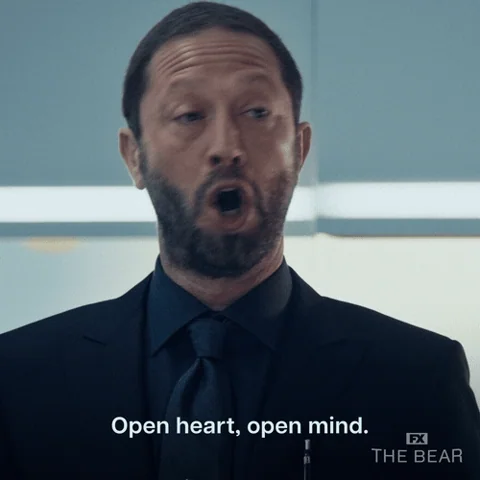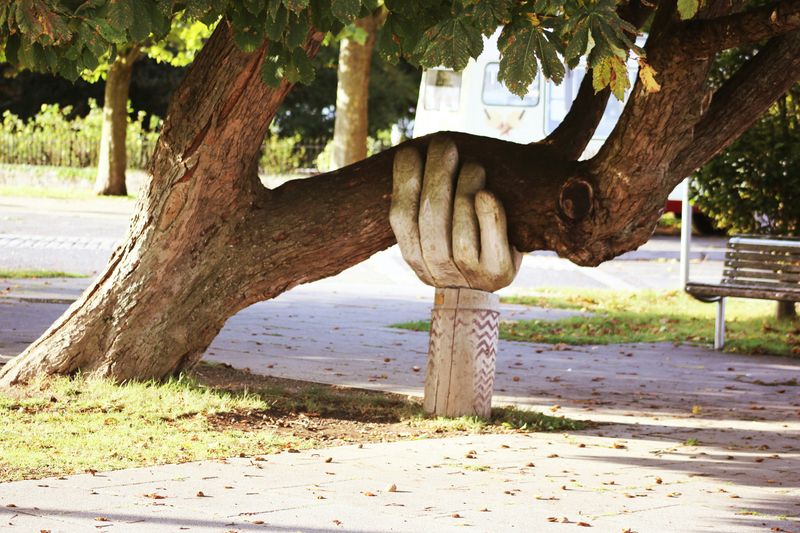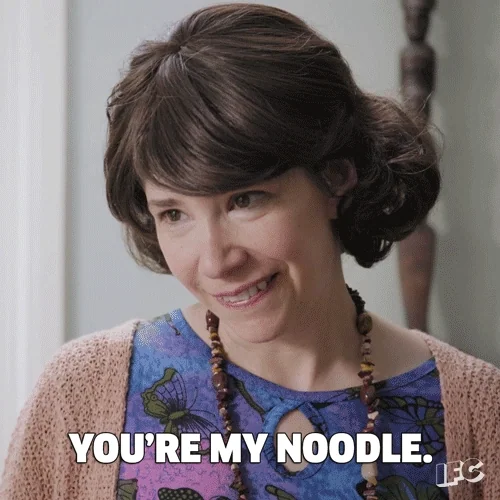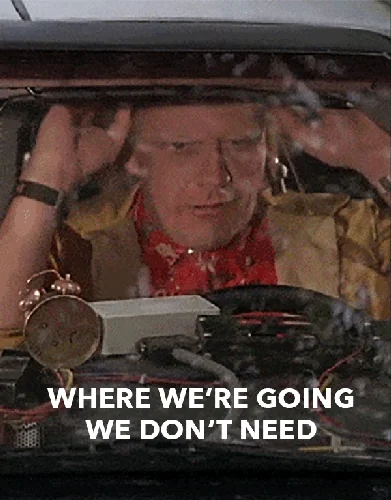
This logo isn't an ad or affiliate link. It's an organization that shares in our mission, and empowered the authors to share their insights in Byte form.
Rumie vets Bytes for compliance with our
Standards.
The organization is responsible for the completeness and reliability of the content.
Learn more
about how Rumie works with partners.
Do you feel discouraged getting into a relationship and managing OCD at the same time? You're not alone!

Navigating relationships can be complex — even more so when you add obsessive-compulsive disorder (OCD) to the equation.
Many people with OCD are happy in their relationships and have proven that the condition doesn't define them. With some helpful strategies, you can take control of your OCD relationship challenges.
OCD Relationship Challenges
Feeling of Loneliness
To avoid humiliation caused by your intrusive thoughts and compulsions, you may want to distance yourself from your partner or feel socially isolated. This could add to your stress if you try to hide your OCD from them, or cause helplessness if they aren't aware of your symptoms. 
Spontaneous Plans & Stress
OCD can cause anticipatory anxiety when making spontaneous plans because of the unpredictability. It could narrow your options, especially during a flare-up.
For example, people with contamination OCD can find concerts and crowded public markets unpleasant. This could make your partner feel left behind if they don't fully understand OCD. 
Constant Seeking of Reassurance
It can be exhausting for your partner to feel that they need to reassure you repeatedly. They may struggle to understand the anxieties and fixations caused by OCD, sometimes even finding them odd or unreasonable. In the case of relationship OCD (ROCD), you may also doubt your relationship frequently, causing a rift.
Difficulties with Intimacy
Anxiety from OCD or medications you use to manage it may lead to less interest in sex and romance — your partner might misinterpret this as disinterest in them as a person. It's also possible that intrusive thoughts might happen unexpectedly during your most intimate moments.

These OCD relationship challenges can be tackled through 4 effective strategies!
1. Foster a Healthy Relationship

Open and Honest Dialogue
Honest communication is essential. You should feel safe discussing your symptoms, triggers, and coping mechanisms with your partner. Welcome your partner to ask questions and express concerns about any OCD relationship challenges you might face.
Increase Awareness through Education
Encourage your partner to learn about OCD. This will help them recognize your signals or triggers. Be mindful of the tendency of reassurance that might show up during your conversations with them. Couples therapy can also help you manage major OCD relationship strains.
Did you know?
Check out these tips on how to open up to your partner in an OCD relationship.
2. Seek Guidance & Support
 Photo by Neil Thomas on Unsplash
Photo by Neil Thomas on UnsplashFind a Therapy that Works for You
Evidence-based treatments like ERP for OCD can transform your relationship's quality of life. It can help you and your partner recognize your symptoms and support your condition with psychological treatment, as well as medication.
Join Support Groups for Inspiration
Everyone's journey is unique to them. Having a helpful community that understands your challenges can help you feel motivated. It also allows you to learn from your peers, which may help you give a different perspective on your relationship situation.
3. Invest in Yourself

Set Healthy Boundaries
Avoid excessive reassurance, going overboard with OCD discussions, or asking your partner to participate in your rituals.
Practice Mindfulness
Mindfulness can seem challenging, especially with OCD. It's a great way to intentionally allow thoughts to exist without acting upon them. Working on mindfulness techniques can help ease the triggers for OCD.
Nurture Your Independence
Balancing support with keeping your individuality is important. Your partner will naturally look out for you all the time, which can be counter-productive. People with OCD can learn to feel okay with being left alone and caring for themselves. Giving space to each other is healthy in the long run.
Did you know?
People who practice mindfulness have less urge to reward their thoughts with compulsions when compared to distraction techniques. A 2013 study showed that patients with OCD who used mindfulness skills (i.e. letting thoughts come and go without judgment) felt less of an urge to neutralize thoughts with compulsions — while those who used only distraction strategies (i.e. trying to think of something else) saw no change in their urge to use compulsions.
4. Grow Together in the Rlationship
OCD Relationship Quiz: The Next Step

Scenario
You've been dating someone for a while. They know you have OCD but you're not sure if they're ready to commit to a long-term relationship with you.
Which approaches can be helpful in managing this OCD relationship challenge?
A. Be direct and ask spontaneously if they're ready to commit to a long-term relationship. It's a great way to get truthful answers.
B. Pay attention to how they respond to your OCD in daily life. It gives you a perspective on their understanding, patience, and willingness to support you.
C. Ask their friends to get an insider viewpoint. Friends know you best.
D. Have an honest dialogue, expressing your feelings and asking them about their views on long-term commitment. This helps you understand each other's expectations moving forward.
Quiz
Which of the approaches mentioned above can be helpful? Select all that apply:
B and D are both great approaches that help. B gives you an emotional check-in through open communication, and D helps you assess their level of support and readiness. Approach A may not give them space to process and reflect, making them feel pressured to decide on the spot. Approach C may give you their friend's perspective rather than understanding theirs.
Take Action

Don't let OCD relationship challenges get in the way of your bond with your partner!
This Byte has been authored by
Mehak Jain
UX Researcher and Designer

